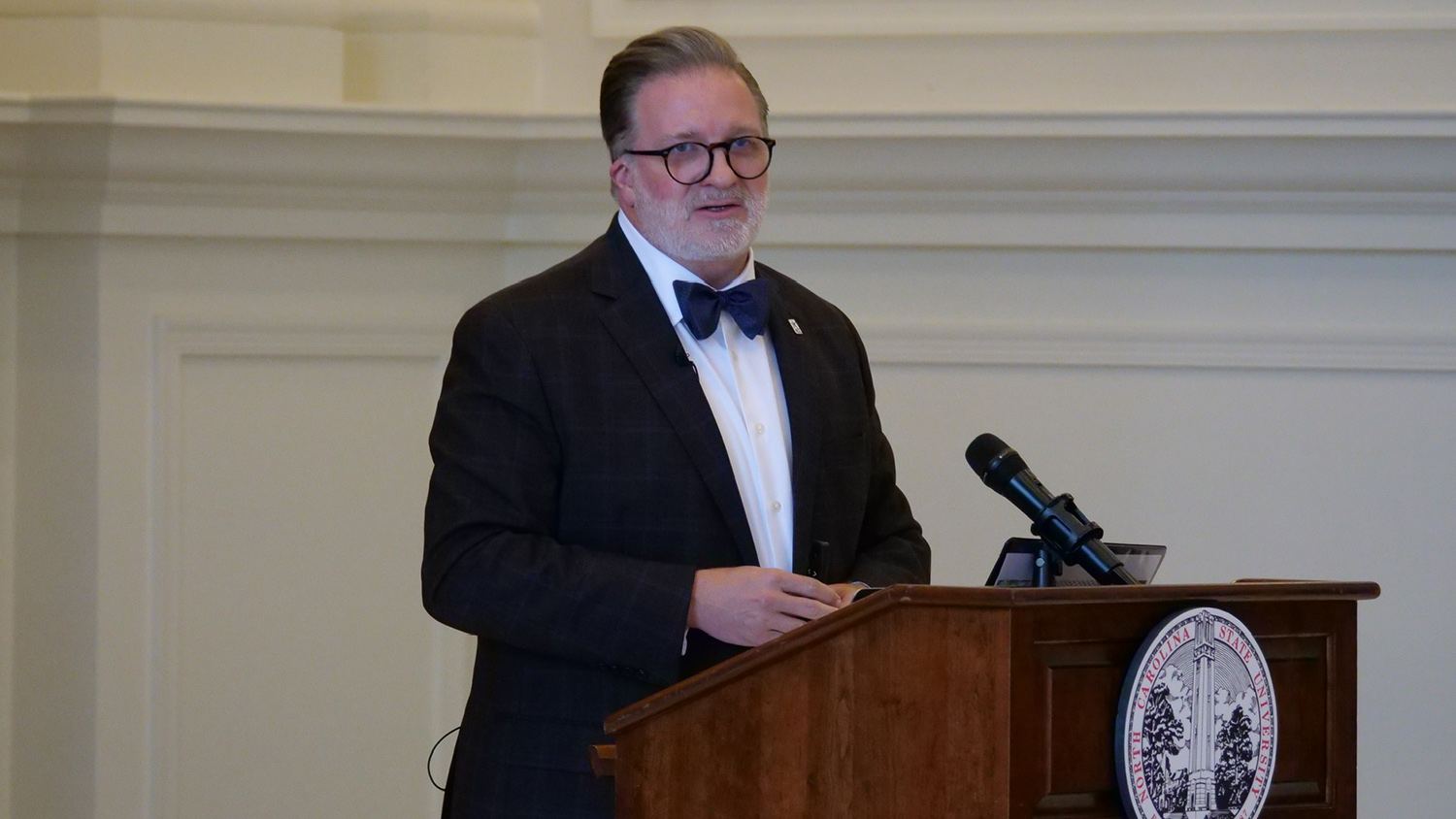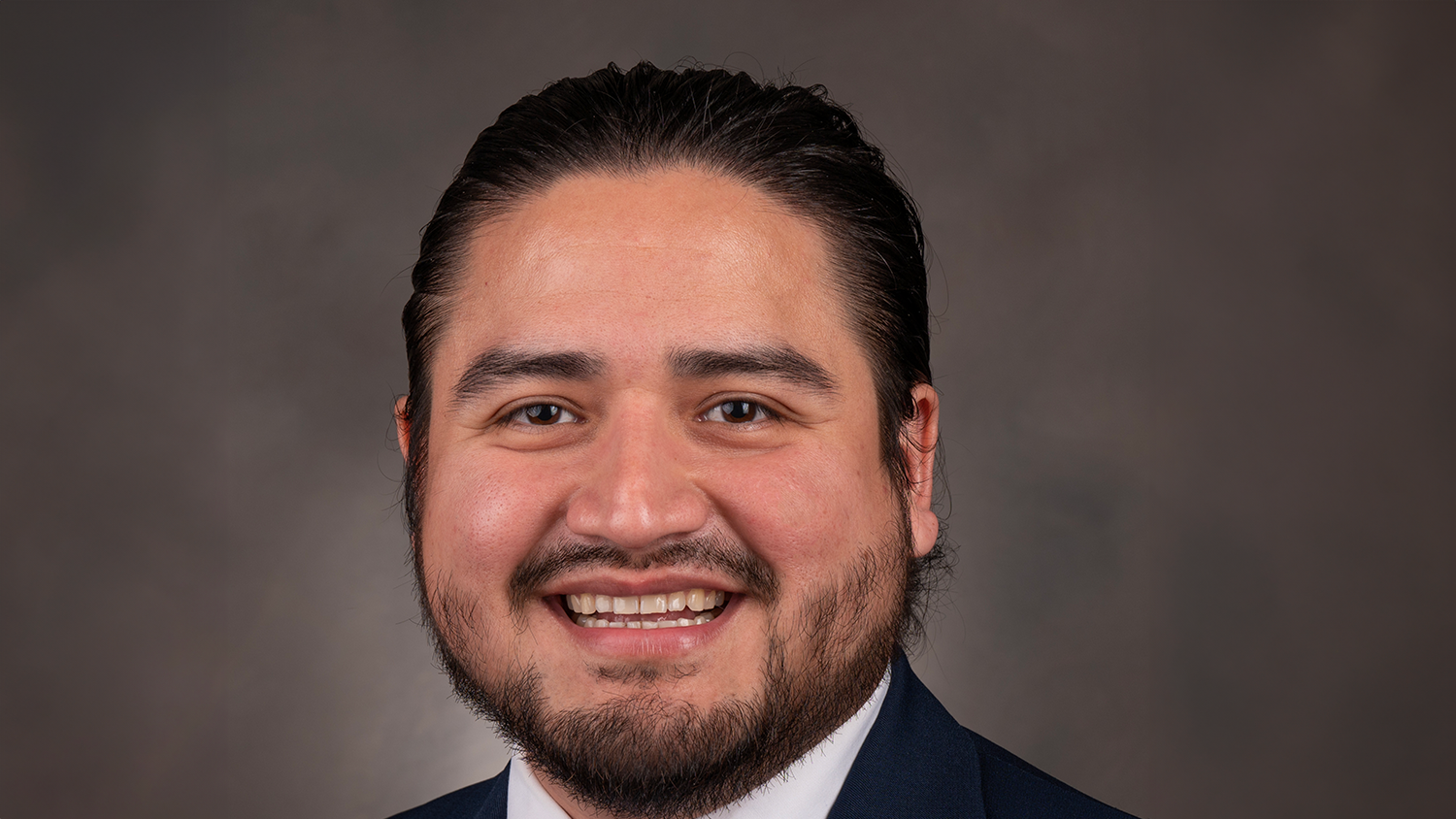Associate Professor of Educational Policy and Educational Leadership Jenn Ayscue Will Use Grant to Study Use of Two-way Dual Language Immersion Programs in N.C.

A recent study authored by NC State College of Education Associate Professor of Educational Policy and Educational Leadership Jenn Ayscue found that North Carolina schools are more segregated now than they were in the 1980s. However, additional research shows that two-way dual language immersion (DLI) programs are making progress toward desegregation in schools.
In 2023, Ayscue was awarded a grant from the American Institutes for Research to explore the potential of two-way DLI programs as a tool for integration for students from different racial, socioeconomic and linguistic backgrounds. Through that work, she found that elementary school Spanish two-way DLI programs enroll substantially larger shares of Hispanic students and multilingual learners compared with traditional schools.
Now, Ayscue will build further on that work through a three-year project entitled “Strengthening Desegregation and Integration in Two-Way Immersion Programs,” funded by $624,694 from the American Institutes for Research.
This new project will further explore the strengths and areas for growth in regard to desegregation and integration within two-way DLI programs in one North Carolina school district while working with the partner district to develop and analyze the effectiveness of new strategies and tools to enhance desegregation and integration.
North Carolina, Ayscue said, is an ideal place to study the use of two-way DLI programs because the state has the fifth most dual language immersion programs in the United States.
“Two-way DLI programs have great potential to desegregate classrooms. These programs take an asset-based view of students to facilitate integration where students from diverse backgrounds share meaningful and genuine equal status in the classroom, a condition that is important for effective integration,” Ayscue said. “It is my hope that our research can help strengthen the important work that two-way DLI teachers and leaders in North Carolina are already doing.”
- Categories:

